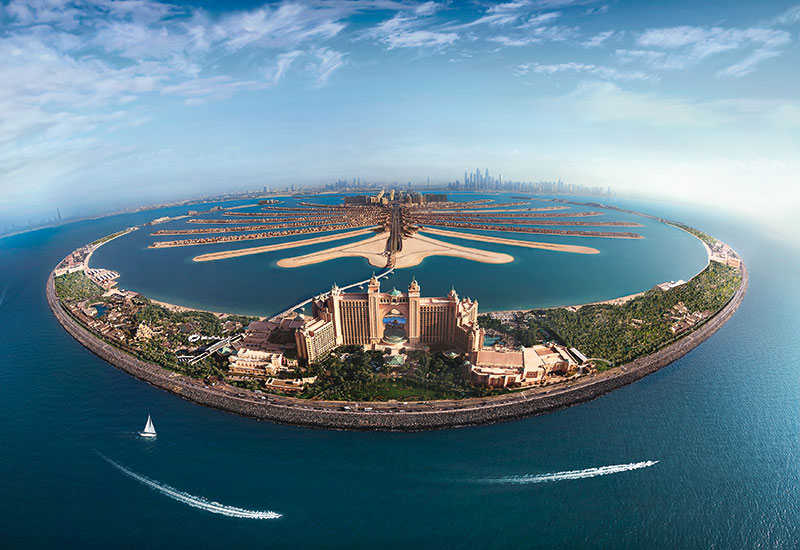The simplified infrastructure has freed up time and resources to enable the team to add value to the business. The IT team is still structured around service desk, network infrastructure, telecoms and application support, however, work has now moved into ‘new areas’. With the “hyper-converged infrastructure we spend less time ‘watering’ the systems, everything is on a self-contained dashboard,” explains Lynsdale.
“We are focusing a lot more on guest facing areas, and on how to innovate and update our technology to enhance the guest experience,” he adds.
A prime example is the integration with the hotel’s Opera PMS and the VICAS (visitor identification capture and archiving system). Front desk staff can now initiate passport scans directly from Opera, and VICAS synchronises the data between Opera, Police CID and Department of Trade and Commerce Marketing (DTCM). The integration cuts two steps from the previous process and reduces the check in time of a family of four, from ten minutes down to just six, which has had a direct impact on the hotel’s TripAdvisor scores. “This was the number one pain point during busy check ins. We wanted to address this with technology,” says Lynsdale.
“In essence it’s just streamlined the whole check in process because you now initiate the scan from Opera. On top of that we have introduced an eReg Solution, which is a digital signature and e-folio… We have that for our VIP check in,” he adds.
Other customer facing projects in the past year include the rollout of a pool-side ordering app called YQ that was integrated into the existing point of sale system. The hotel also upgraded its IPTV system throughout the hotel, which now provides much richer content to guests.
The team also consolidated the management of the digital signage throughout the property. Previously, the marketing department could only update content on each screen by visiting it individually and inserting a USB. The Omni Channel Smart Signage Solution brings “everything together to one central content management system, and give[s] marketing a dashboard that they can use to push content out to various locations”, explains Lynsdale.
Despite all the work over the last eighteen months, it is only the beginning — there is still massive scope to target services at guests.
Increasingly just how well a property ‘knows’ its visitors will determine the quality of guest experience. For Atlantis its mobile app development plan is vital to building a binding relationship with its customers.
Currently, only in its initial stages, the app will evolve over time, “so we can reach out to guests in advance of their arrival [to] understand their preferences before they arrive, so we can caterer to them as soon as they get here. That is something we are keen on driving,” explains the VP for information technology.
Understanding customer preferences is vital if the property is start to proactively targeting services to guests. Again using the resort’s mobile app, the tech team at the Atlantis is experimenting with the use of beacons in its retail spaces so it can send targeted messages about retail and F&B to guests it believes might be interested.
“The Wi-Fi infrastructure that we have at the moment is Cisco and very robust. Cisco has a lot of capabilities when it comes to analytics, and we are working with marketing to see where we have crowds and where we have opportunities to send messages within the resort,” says Lynsdale.

| Advertisement |





